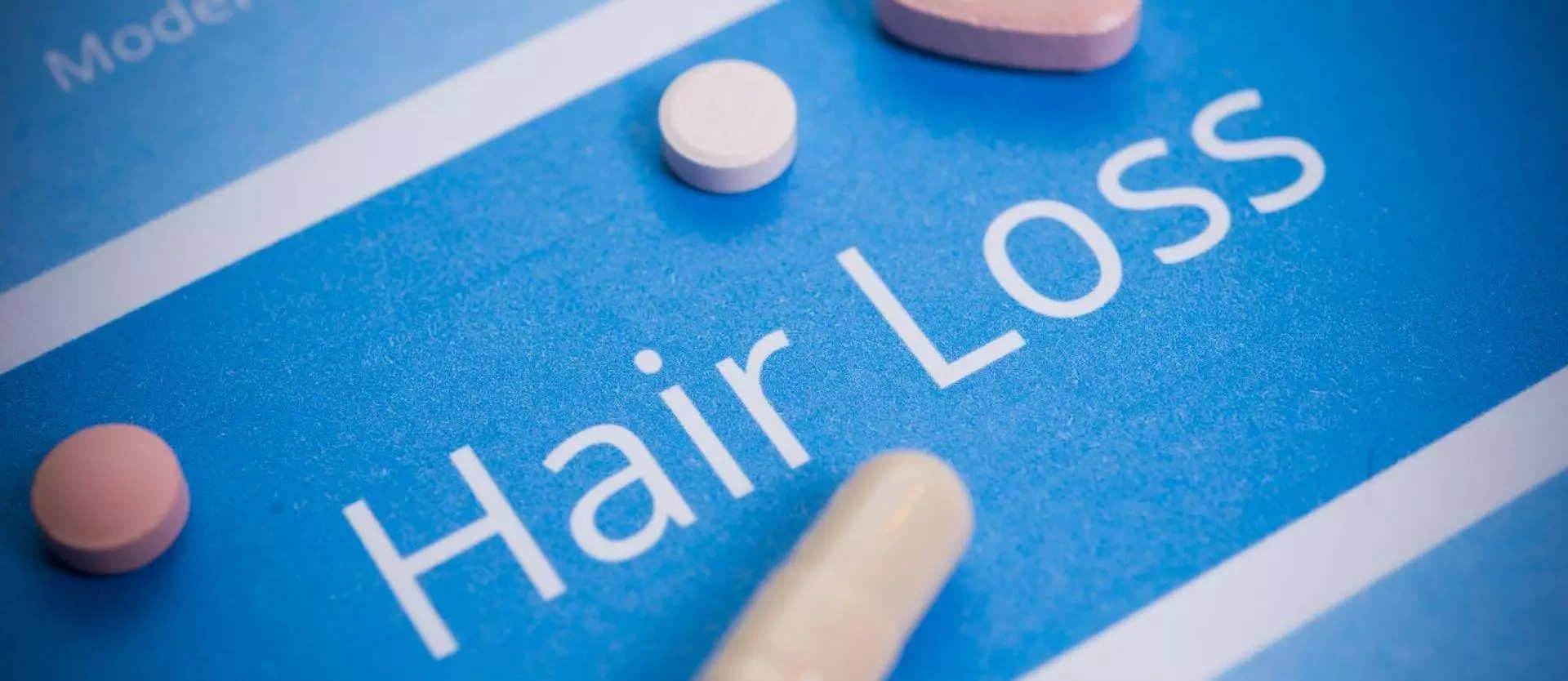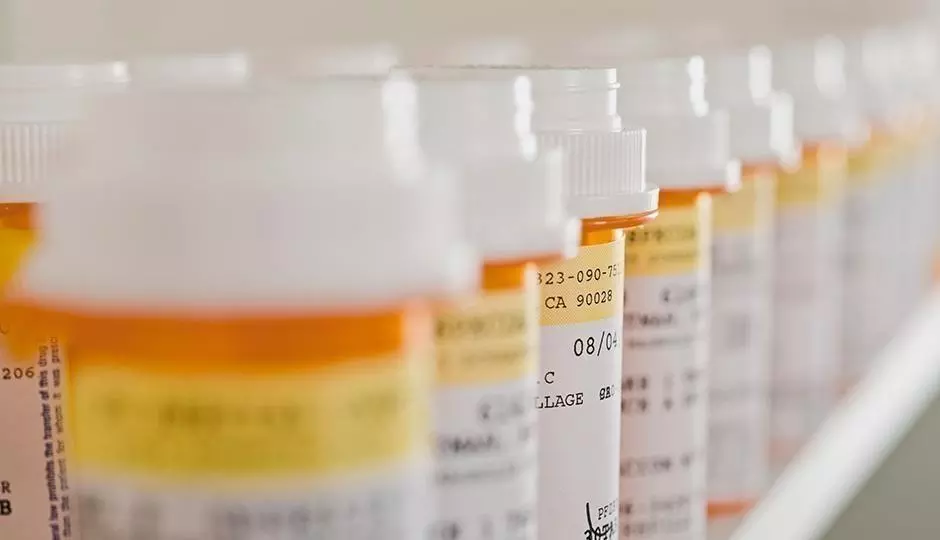Perhaps you’ve noticed that your hair is thinning. Perhaps it seems sudden. For some people, the loss of hair is unusual and unexpected. While there are many reasons you could see an increase in the amount of hair you are losing, one of the most common reasons for it is a change in your medications. For many individuals who have noticed an unexpected change in their hair, this is one of the most important areas to look into and it can make a big difference in your overall health as well. Could your medications be causing you to lose hair?
How Can Medications Cause Hair Loss?
There are various reasons medications can cause hair loss to worsen in individuals. Generally speaking, these medications impact the scalp or the hair follicle and will often cause changes that causes the follicle to stop producing hair. When this happens, it can lead to a significant amount of hair loss. Other medications can cause hair loss because they change the hormone composition and levels in the body. Hormones control the rate of hair growth on the scalp, therefore impacting the amount of hair in the growth cycle, often causing you to lose some hair.
What Types of Medications Cause Hair Loss?
Most often, medications are to blame for hair loss when that hair loss occurs after you begin taking medications you have not taken before. If you have just started a new medication in the last month to six weeks, it is likely to be behind your hair loss. Any type of medication that you may have started, either over the counter or prescription may be to blame for this type of hair loss or shedding. As you consider which may have changed, it is important to then consider what can be done about them.
Drugs for a variety of ailments can create these circumstances. Most common medications for the following conditions are likely to cause hair loss:
- Cancer medications, especially chemotherapy drugs
- Arthritis medications
- Heart-related medications
- Depression and other mental illness medications
- High blood pressure medications
- Some forms of birth control
Medications for other types of diseases and conditions may also cause hair loss. If you have any hair loss and you believe it may be due to a new medication you’ve begun taking, it is important to talk to your doctor about the changes.
Don’t Stop Taking Your Medications
Even if you notice a significant amount of hair loss, it is important that you do not stop taking those medications unless your doctor tells you to do so. In some cases, your doctor may recommend reducing the amount of medication you are taking or perhaps continuing it if the long term benefits of taking the medication outweigh the hair loss impact. Do not skip any doses of your medication or alter how much you are taking until you speak to your doctor about the symptoms you are experiencing.
There is some good news for many people. If a new medication has brought on the hair loss, it is then likely that, when your doctor recommends it, that your hair loss will stop and your hair will begin to grow at the rate it was previously. Again, you should not make the decision to do this without speaking to your doctor. If you are able to stop taking your medications or complete the dosing prescribed to you, you will likely begin to see improvement to your hair loss with regrowth within three to six months. Keep in mind that the hair growth cycle takes time, which means you may suffer some hair loss or limited growth for a period of time even after you stop taking the medications.
Because of the way medications, especially prescription medications, change the makeup of the body, adjust hormones, and even cause damage to hair follicles, hair loss or thinning can occur for many people. It is important to speak to your doctor about the hair loss you have. In some cases, it may be an adverse side effect that is not desirable and something your doctor needs to know about so your medications can be properly adjusted.
Contact the hair specialists at Unique Hair Concepts to learn more.






